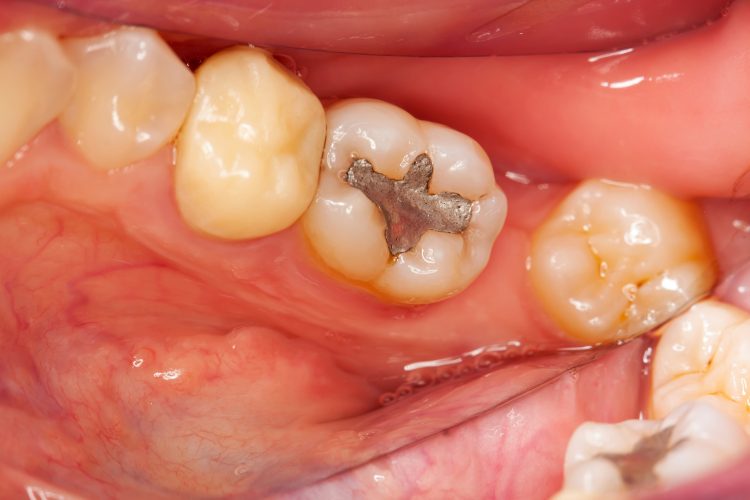Introduction
Dental caries, also known as tooth decay or tooth decay, is one of the most common oral diseases worldwide. It not only affects oral health, but may also have adverse effects on overall health. This article aims to explore in depth the causes, symptoms, prevention, and treatment methods of dental caries, in order to enhance public awareness of oral health and promote effective selfcare.
Causes of dental caries
The occurrence of dental caries is a complex biochemical process involving four main factors: bacteria, diet, host (human body), and time. Specifically:
Bacterial function: Bacteria in the oral cavity, especially Streptococcus mutans, can break down food residues, especially sugars, and produce acidic substances. These acids can damage the mineral structure on the surface of teeth, leading to tooth demineralization.
Dietary factors: Frequent intake of high sugar foods and beverages can increase the acidity in the mouth and accelerate the process of tooth demineralization. In addition, sticky food tends to adhere to the surface of teeth, making it difficult to remove and providing a breeding ground for bacteria.
Host factors: Saliva has the ability to neutralize acidity and clean teeth. Insufficient saliva secretion or slowed flow rate can reduce its protective effect and increase the risk of dental caries. In addition, the shape, arrangement, and degree of calcification of teeth can also affect the occurrence of dental caries.
Time factor: The development of dental caries is a gradual process that requires a certain amount of time to form obvious lesions. Therefore, regular check ups and timely intervention are crucial for preventing dental caries.
Symptoms of dental caries
The early symptoms of dental caries may not be easily noticeable, but as the condition progresses, the following symptoms will gradually become apparent:
Tooth sensitivity : Especially when in contact with cold, hot, sweet, or sour food, teeth may experience a brief stinging sensation.
The appearance of black spots or plaques on the surface of teeth may be a sign of early caries.
Tooth pain : When dental caries penetrate deep into the dentin or even pulp, it may cause persistent pain.
Tooth fracture : Severe dental caries may cause the tooth structure to be fragile and prone to fracture.
Preventive measures
The key to preventing dental caries lies in establishing good oral hygiene habits and a healthy lifestyle
Regular brushing : Use fluoride toothpaste at least twice a day to thoroughly clean teeth, and use dental floss to clean gaps between teeth.
Healthy diet : Reduce the intake of high sugar foods and beverages, eat more fiber rich foods, which can help stimulate saliva secretion.
Regular check ups : Conduct oral examinations every six months to one year to promptly detect and treat early caries.
Use Fluorinated Products : Use fluoride toothpaste, mouthwash, or topical application in moderation to enhance the acid resistance of teeth.
Professional fluoride application : For people who are prone to dental caries, regular professional fluoride application treatment can be considered to further enhance tooth resistance.
Treatment methods
Once dental caries are found, timely medical attention should be sought and corresponding treatment measures should be taken according to the condition:
Drug treatment : For slight early caries, local treatment can be carried out by using fluoride containing gel or ointment to promote tooth remineralization.
Filling treatment : For cavities that have already formed, it is necessary to remove the decay and fill them with appropriate materials to restore the shape and function of the teeth.
Root canal treatment: If the cavity reaches deep into the dental pulp and causes pulpitis or periapical periodontitis, root canal treatment may be necessary to remove infected tissue and preserve the teeth.
Tooth extraction : For severely damaged teeth that cannot be preserved, sometimes it is necessary to choose extraction, and then repair plans can be considered based on specific circumstances.
Conclusion
Although dental caries is a common oral disease, its occurrence and development can be effectively controlled through scientific and reasonable prevention and treatment. Let’s start from now on and develop good oral hygiene habits to protect our own and our family’s oral health.













































Discussion about this post